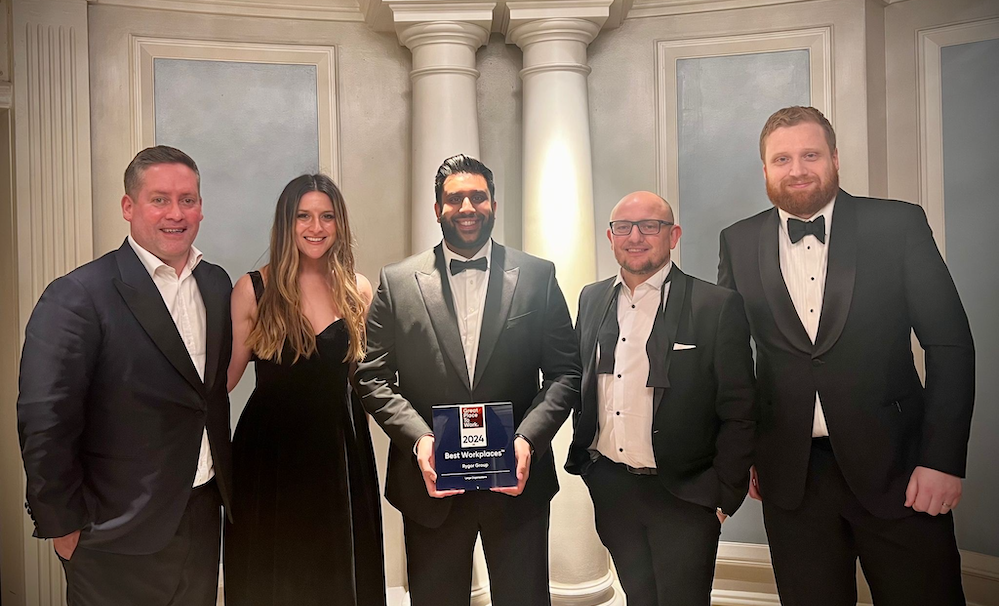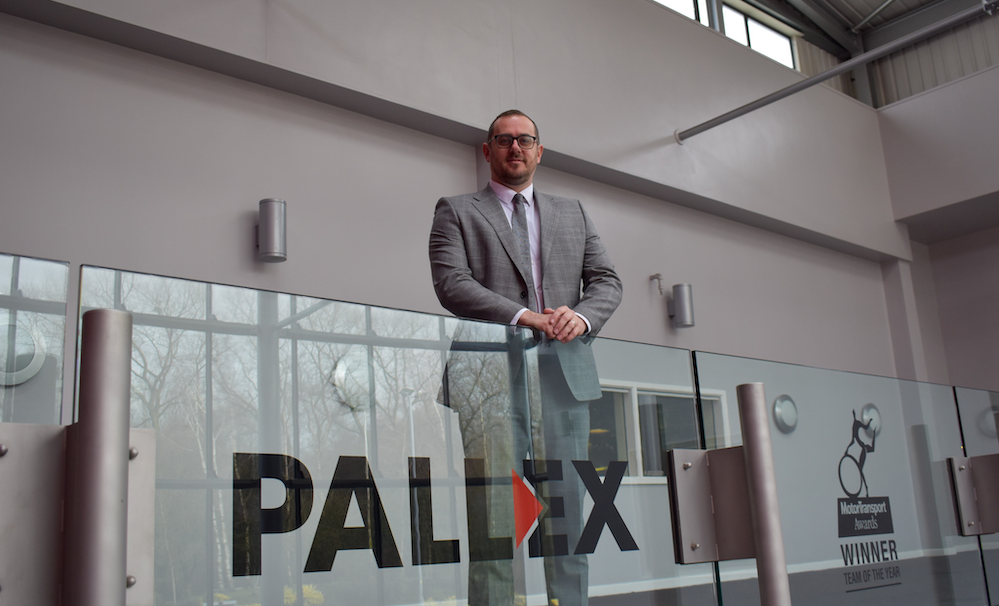A 2018 Gartner report shows only 14% of executives at the level of CSCO, EVP, SVP and CPO are female and although women account for 37% of the total supply chain workforce, only 25% of women are senior managers or directors.
Why are there so few women pursuing a career in supply chain management?
A white paper just published by Bis Henderson Recruitment, entitled ‘How achieving gender equality can drive greater financial performance’, brings together views on the subject from a number of leading supply chain practitioners.
Leigh continues: “The reason many people don’t want to join the logistics industry is down to the widely held perception of an austere working environment, around trucks and sheds. Unfortunately, companies in the sector are not seen as having a forward-thinking culture, they are not perceived as great places to work and are not viewed as welcoming.”
Bethany Fovargue, Operations Manager at NOVUS Trust and a former member of the Women in Logistics steering committee, says in the white paper: “It’s not just the young people themselves that hold this view, it’s also stakeholders – it’s teachers and parents – who hear the word logistics and don’t want their son or daughter becoming a picker or trucker. They’re not aware of the huge potential of a career in logistics.”
“At NOVUS we are focusing on the concept of supply chain and on the changing world of logistics,” she says. “When we have driverless trucks, no one is going to be a driver. So we focus on all the planning skills, the management skills and the technological skills that will be needed to keep that fleet on the road – and there will be no pickers and packers when we move to automated dark warehouses. These are futuristic ideas that sound exciting. All of a sudden logistics and supply chain becomes a fast paced, highly skilled, well paid, environment that everyone can talk positively about.”
Clearly, much more needs to be done by businesses involved in the supply chain to inform schools and colleges of the huge opportunities that exist for young people to build successful careers in the profession.
Natasha Tyrrell, CEO of Genii Group, says in the report: “When I started out, I didn’t think that I could become a board level executive – so it’s about having that aspiration and drive, for those who want it. Supply chain is not just about trucks and warehouses, it’s all about innovation, digital strategy, technology. The marketing of supply chain and logistics is 20 years or possibly, 30 years behind the times.”
To encourage more young women to enter the sector, female role models, champions and leaders should be made more visible to school leavers, and perhaps, there should be a greater focus on the growing importance of the softer-skills required by those managing supply chains. The next generation of supply chain executives will need to be good communicators and will need to know how to skillfully manage large teams of people, possibly across multiple disciplines.
Leigh Anderson emphasises the importance of female role models: “The more senior female leaders you get in a business the more junior female rising stars you will get.”
According to research conducted by KPMG some 86% of women reported that when they see more women in leadership positions, they are encouraged to get there themselves.
There is some cause for optimism. Within the NOVUS scheme – where young people can gain a degree in supply chain management with the promise of a job at the end of the course – there is a significant closing of the gender gap. According to Bethany Fovargue, “overall, 46% of our students since inception have been female. So we are bucking the trend. The majority of our female students are from Eastern European countries, where logistics is seen as a preferred profession, rather than just a job.”
The white paper finds that best-practice prescribes a strategic and structured approach to building a culture that encourages and promotes equality and diversity. There needs to be a focus on building diverse leadership structures using techniques that attract a wider talent base – such as developing non-discriminatory role profiles and through targeting non-sector specific leaders with transferable skills. Businesses should seek to construct interview and selection frameworks that focus on core ability rather than specific experience and should produce mentoring programmes for developing female leaders.







